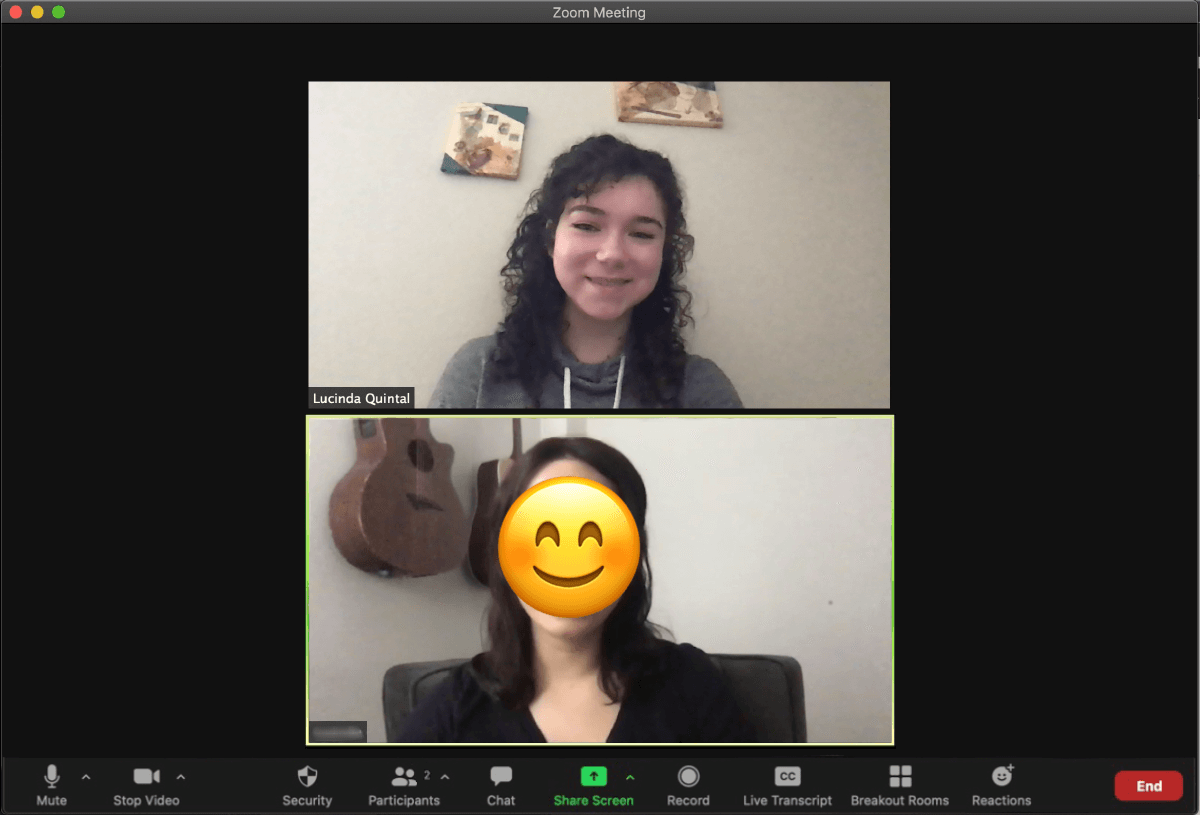Starting college is a very exciting experience, but it is also a big change with many unknowns. There are new classes, new people, and so many new experiences to take advantage of. While USC itself has great resources to integrate underclass students into campus life, they don’t always divulge the inner secrets of being a Trojan.
A mentor has those secrets and a bunch of other great knowledge – they’ve learned from their mistakes so you don’t have to! Although it may seem scary to reach out to an upperclass student, I can assure you that it’ll be worth it. You will gain valuable insight into academics, campus organizations, and student life that will prepare you for your own experiences on campus (or online, for now).
How to find a mentor
Mentors come in all shapes and sizes with wide-ranging experiences. The first place to look for a mentor is in established organizations. I found my mentors through organizations like Women in Engineering, Trojan Scholar Society, and the Center for Engineering Diversity. Here are some other (mostly engineering) organizations that have mentorship programs:
- National Society of Black Engineers (paired with a mentor when you join)
- First Generation Mentor Program
- Associated Students of Biomedical Engineering mentorship program
- LEAD Mentorship program
- Lean In USC mentorship program
- Association for Computing Machinery (paired with a mentor when you join)
- ViterbiLink mentors
- Center for Engineering Diversity (paired with a mentor when you join)

And remember, you don’t have to limit yourself to just one mentor, you can have as many as you want! If a mentor pairing doesn’t work out for any reason, you can absolutely contact your organization for a different mentor or explore other organizations’ mentorship programs.
What to do once you have a mentor
You will want to have a preliminary meeting with your mentor to get to know them. Ask questions like “How did you choose your major?”, “What do you do in XYZ organization?”, “What do you like to do in your free time?”. Your first meeting is also a good time to figure out logistics like how often you want to meet.
It is a good idea to have an open dialogue with your mentor about scheduling so that you can adapt your meeting times to your schedule. For example, one of my mentors and I agreed that we can generally meet on Tuesdays, but if one of us has a lot of homework or other commitments, we can also do Thursdays. This will make it easier throughout the year to stay on schedule and not let your mentor-mentee relationship fizzle out as the school year ramps up.
Topics to discuss with your mentor
If the organization that pairs you with your mentor does not give you guidelines for your meetings, below are a few topics to get your first few sessions started.
Classes & Teachers
Find out if your mentor has taken any of the classes you are interested in. They might also have friends they can connect you with who have taken them. This is a good way to get advice about which classes and teachers are good for you.
Internships
Ask your mentor about their experience in the internship search, or if they have ever had an internship. Navigating career fairs is a skill, and your mentor can definitely drop some helpful hints if you ask!
Time Management
Transitioning from high school to college courses is a big adjustment. You will likely need to develop new study skills, and your mentor can help you with time management strategies.
Getting Involved
There are countless ways to get involved in campus life at USC. Ask your mentor about some of their involvements. If you’re interested in an organization your mentor is in, you’ll go into the first meeting already knowing someone!
Research
Getting involved in research may seem daunting, but your mentor can give you tips. They likely have experience looking for research opportunities (or know someone who does), so if that’s something you’re interested in, it’s a great topic for a meeting.
And anything else you can think of!
Your mentor will be happy to talk about anything from study habits to studying abroad to how the semester is going, so don’t be afraid to ask!
General tips for your mentor-mentee relationship
- Treat your mentor like your friend! Tell them about any exciting news and ask them about their life! This will make it less stressful to ask questions and will make you and your mentor excited for your meetings.
- Take advantage of the time you have with your mentor. Both you and your mentor are very busy people, so have questions prepared about the topics you want to discuss for that meeting.
- Don’t feel discouraged if the pairing doesn’t work out. There will always be people that you just don’t get along with, but give it a fair shot! If it still isn’t working out, you can always ask for a new pairing or find a different mentorship program to participate in.
If you’re having any doubts or anxiety about being a mentee, remember that mentors sign up to be mentors because they want to help you. The Trojan Family is real and you will likely find support anywhere you look for it.




